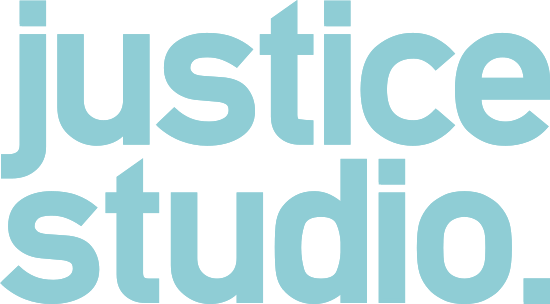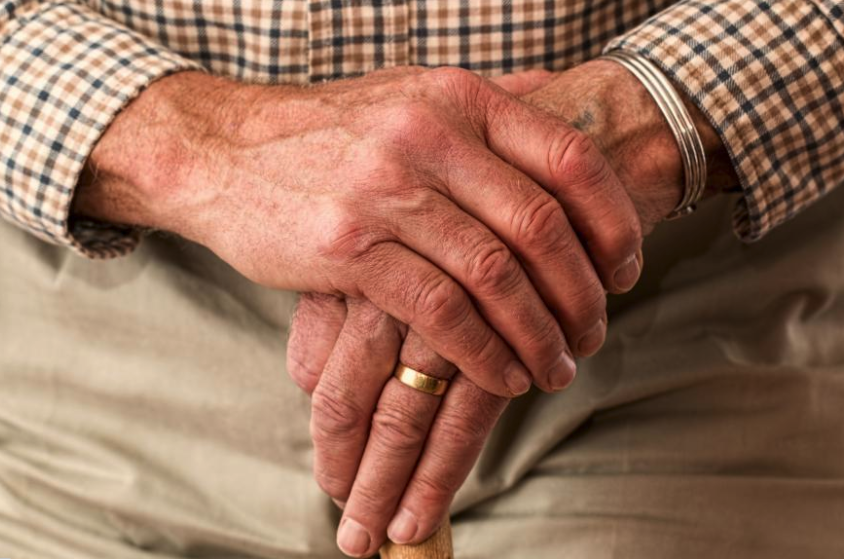“It’s just behaviours”
Last week, Dr. Deborah Birx (who is leading the US response to combating the Covid-19 pandemic) appeared on stage in front of the press, flanked by illuminated images of bell curves. Pointing to the flatter of the curves, her message was clear: reducing the rate of new Covid-19 infections is key to reducing overall loss of life. This insight, informed by epidemiologists and experts on coronavirus transmission, has become part of the pubic lexicon as citizens around the world make efforts to #flattenthecurve.
Birx’s key point, however, was not medical advice in the classic sense. Rather, she reiterated, “It’s communities that will do this. There’s no magic bullet. There’s no magic vaccine or therapy—It’s just behaviours.”
Dr. Birx’s revelation comes as no surprise to social and behavioural scientists, who have long catalogued the behavioural and contextual markers of disease patterns within populations. Today more than ever, this attention to the role of human behaviour in the spread of novel coronavirus is a stark reminder that there is no such thing as a ‘natural’ catastrophe.

Answering the call to better understand behaviours during the Covid-19 pandemic, Justice Studio have created a pioneering piece of action research, that we would like your help with.
Chronic loneliness isolation and health outcomes
Human behaviour—specifically, social networks and socialisation—has been at the center of many health-related studies in the past decade. In 2003, scientists at the University of Pittsburg isolated 304 adult volunteers in hotel rooms, then later exposed them to a virus. They discovered that those with a greater number of social contacts were less likely to develop symptoms. Similarly, another study at Brigham Young (2010) found that loneliness could equate to the health risks of smoking 15 cigarettes per day.
But what happens when loneliness is a shared experience? Whereas previously, loneliness defined an individual’s experience in contrast to a larger group, today we are all isolated together. Is simultaneous loneliness qualitatively different? Will novel coronavirus entail novel social impacts? As Jonathan Kanter, director of Center for the Science of Social Connection at the University of Washington, recently explained, “We’re in a massive social experiment and we don’t know what extent this earlier research applies.”
At Justice Studio we are determined to take a critical, socially conscious look at these issues and find ways to help in real time. Governments and key decision-makers are grappling with this crisis, looking for ways forward and are open to evidence; we need to provide it. After all, social conditions like isolation, inequality, and lack of access to resources aren’t inevitable.
So, in order to begin to understand these crucial behaviours, we have launched an action research project to investigate the impact of Covid-19 measures (self-isolation, social distancing) on adults aged 70+ with underlying health conditions. Our research has a number of elements including:
- Literature and data review
- Peer research by 60+ volunteers interviewing a cohort of older people
- Interviews with organisations supporting older people
In addition to this, we are surveying a wider sample and will be opening local phone numbers with voicemail boxes to capture phone-in responses. We believe that it is crucial to think creatively and resourcefully when switching to virtual research methods, keeping in mind the different populations that we will be less able to reach in this way.
We see several potential key benefits from this research:
- Providing evidence in real time (action research);
- New expertise around gaps in medical/social knowledge;
- Practical insights published and shared with key decision-makers and frontline workers;
- Exploring virtual, or non-co-located research methodologies with harder-to-reach populations;
- The act of interviewing as an aid or intervention itself.
Now we could really use your help. We are recruiting interview participants in the USA, UK, and in Spain who are 70+ and with an underlying health condition. Please spread the word to anyone you know who may be eligible and interested. Recruitment closes at midnight on April 13th.

June


Ive read several just right stuff here Certainly price bookmarking for revisiting I wonder how a lot effort you place to create this kind of great informative website